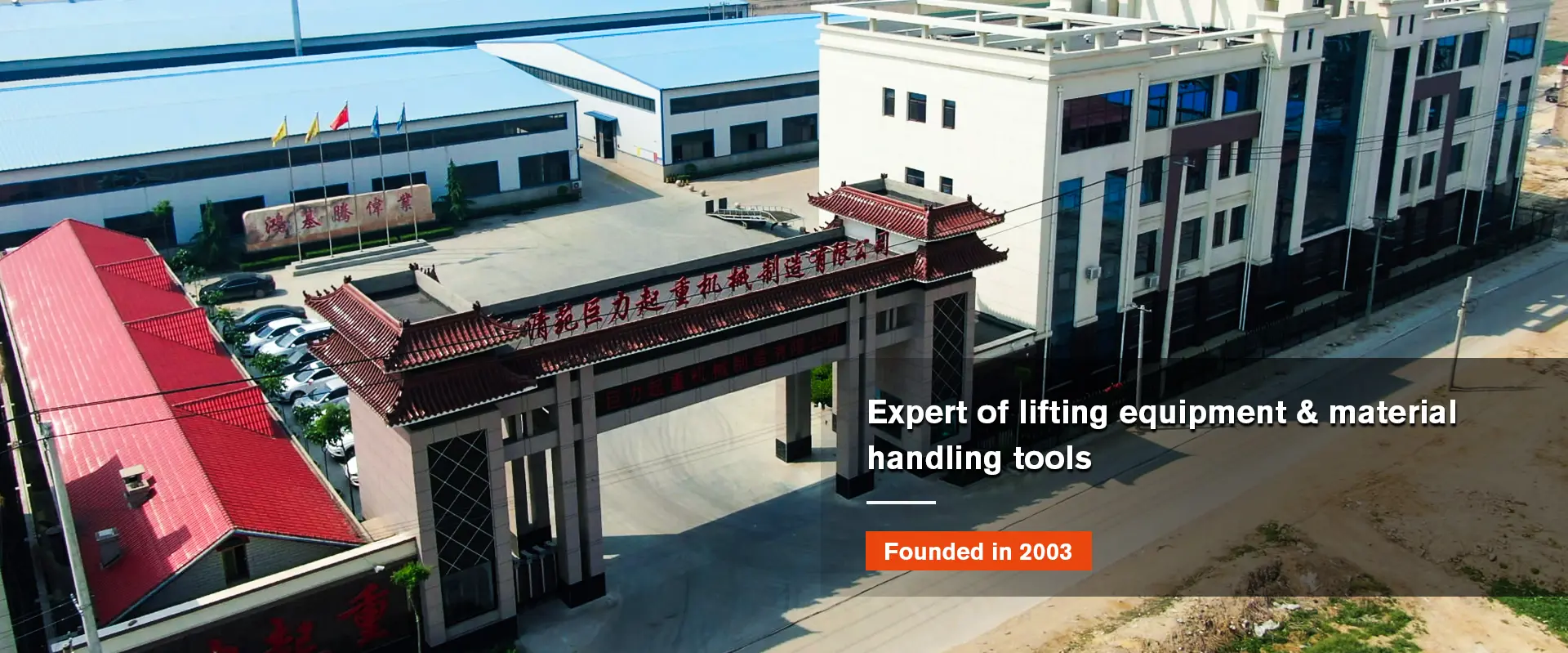


The Importance of Pallet Trucks in Modern Warehousing
In today's fast-paced logistics and warehousing industries, efficiency and organization are paramount. Among the various tools that have been designed to enhance operations, the pallet truck stands out as one of the most indispensable pieces of equipment. This simple yet effective tool has revolutionized the way goods are transported within warehouses and distribution centers, offering a range of benefits that contribute to overall productivity.
A pallet truck, also known as a hand pallet jack, is a wheeled device used to lift and move pallets. Typically operated manually, it consists of a pair of forks, a wheeled base, and a hydraulic system that allows the operator to lift and lower the load with minimal effort. The design is straightforward and user-friendly, making it accessible for workers of all skill levels. This enables companies to train new employees quickly and efficiently, reducing downtime during onboarding.
One of the primary advantages of using a pallet truck is its ability to improve efficiency during the handling of goods. In a warehouse setting, items are often stored on pallets to maximize space and facilitate movement. With a pallet truck, operators can transport heavy loads of goods with ease, reducing the time and physical strain associated with manual lifting. This not only helps to speed up operations but also minimizes the risk of workplace injuries, making it a safer option for warehouses with heavy inventory.

Moreover, pallet trucks are versatile tools that can accommodate various types of loads and environments. They come in different sizes and weight capacities, allowing warehouses to select the appropriate model for their specific needs. Additionally, pallet trucks can be used on a range of surfaces, including concrete, tile, and smooth asphalt, making them suitable for diverse operational settings. Some models are even designed for use in tight spaces, enhancing maneuverability in crowded warehouses.
The benefits of pallet trucks extend beyond physical labor reduction. These tools also enhance inventory management. With the ability to quickly and easily move products, warehouse staff can organize items more efficiently, ensuring that products are easily accessible. This positive impact on organization leads to quicker order fulfillment and improves customer satisfaction, a crucial factor in today’s competitive market.
Moreover, the adoption of pallet trucks aligns with sustainable practices. By reducing the need for more significant, fuel-guzzling machinery, companies can lower their carbon footprint. Pallet trucks require minimal energy for operation, particularly the manual versions, which not only reduces operational costs but also contributes to a more environmentally friendly approach to logistics.
In conclusion, pallet trucks are essential tools in modern warehousing and logistics. They provide an effective solution for lifting and transporting heavy loads while enhancing operational efficiency and workplace safety. As businesses continue to seek ways to improve productivity and organization, the importance of pallet trucks will undoubtedly grow. By incorporating these versatile and dynamic tools into their operations, companies can navigate the demands of today’s supply chain with ease, ultimately leading to greater success and customer satisfaction. Whether a small business or a large-scale warehouse operation, the humble pallet truck is a critical ally in the quest for operational excellence.



